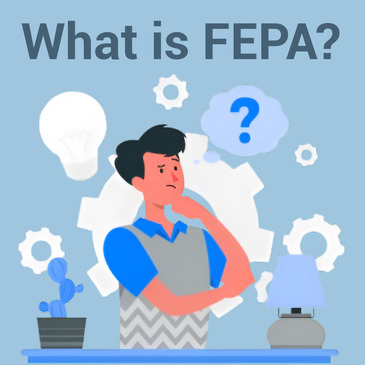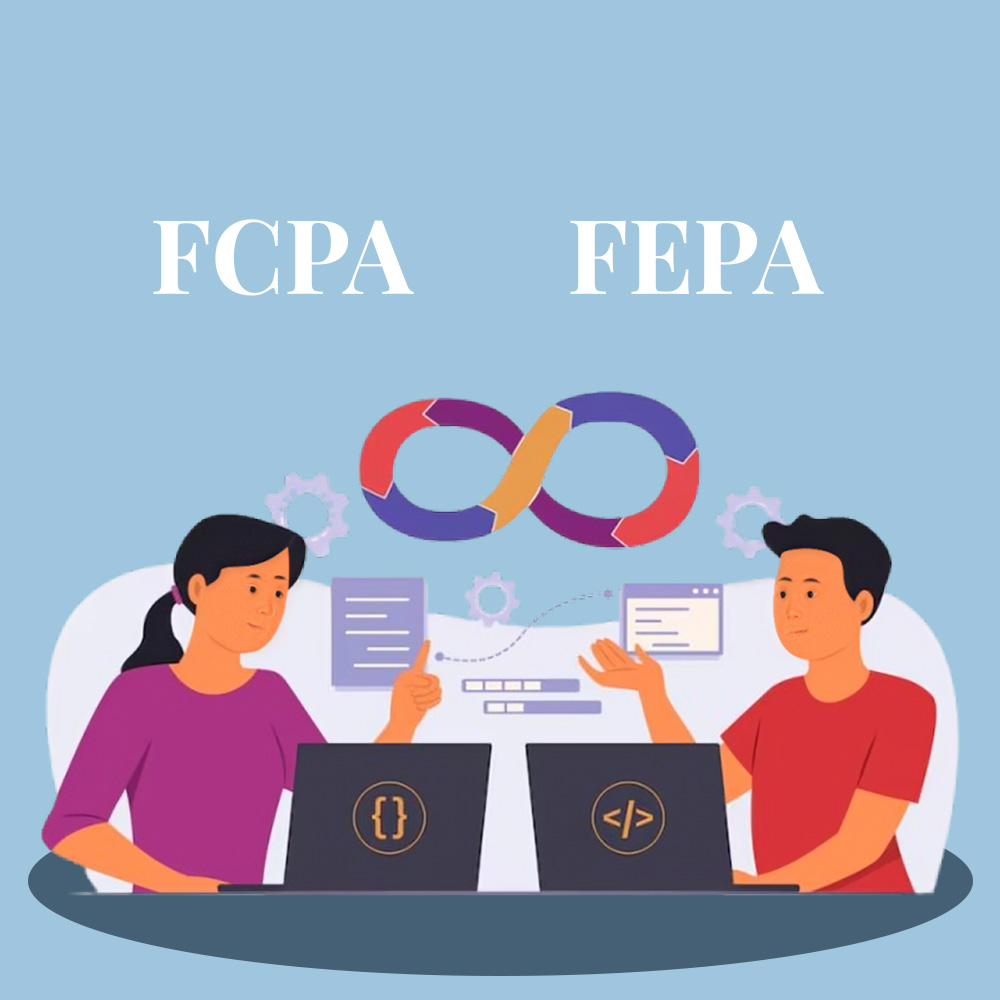
What is the Foreign Extortion Prevention Act?
Global corruption is beyond legal or political issues. It is a human issue. It leads to several issues. Unemployment, reduced accessibility to basic needs, safety concerns & lost faith in institutions are majorly outbreaks of corruption. Dealing with corruption involves the participation of strong institutions. These institutions must cooperate internationally. Transparency and accountability result in a space free from corruption. Bribery and corruption are a daily reality for many countries. The act of paying under the table leads to inequality, inefficiency, and injustice.



It was December 22, 2023, when President Joe Biden signed the U.S. anti-bribery law. The Foreign Extortion Prevention Act (FEPA) makes it a federal crime for foreign government officials to ask for, take, or agree to take bribes from U.S. people or businesses. It applies even if the conduct occurs outside the United States. This law complements the Foreign Corrupt Practices Act (FCPA). FCPA criminalizes the “supply side”— giving of bribes to foreign officials. Foreign Extortion Prevention Act (FEPA) criminalizes the criminalizing the “demand side” and addresses a critical gap in U.S. anti-corruption legislation. It combats corruption and promotes fair business practices globally.
FEPA vs FCPA comparison:
The Foreign Corrupt Practices Act (FCPA) was passed in 1977. This law made it illegal for Americans to bribe foreign officials. However, the FCPA only focused on the person or company giving the bribe, not the foreign official receiving it. Over the years, this one-sided approach raised concerns. While the U.S. punished its citizens and businesses for bribery, foreign officials who demanded or accepted those bribes often faced no consequences, especially if their home countries didn’t take action. To close this gap, lawmakers introduced the Foreign Extortion Prevention Act (FEPA). After years of discussion and support from anti-corruption advocates, FEPA was finally signed into law in December 2023 as part of the National Defense Authorization Act (NDAA) for fiscal year 2024. It represents a major step forward in the global fight against corruption by holding foreign officials accountable for extortion.
Upcoming webinar
WHY is FEPA important?
The Foreign Extortion Prevention Act (FEPA) helps close a major legal gap. It targets foreign officials who demand bribes. Before FEPA, only bribe-takers were punished. Now, both sides of corruption face consequences. This protects U.S. businesses from unfair pressure. Honest companies won’t lose to corrupt ones. It promotes fairness and integrity in global trade.



Foreign Extortion Prevention Act (FEPA) strengthens global efforts against bribery and corruption. With FEPA, the U.S. can now prosecute foreign officials who try to take advantage of American individuals or businesses by demanding bribes. This helps:
- Protect U.S. companies from being pressured into corrupt deals.
- Level the playing field for honest businesses that refuse to pay bribes.
- Strengthen international partnerships in the fight against corruption.
- Send a message that the U.S. will not tolerate corruption, no matter where it comes from.
By targeting both sides of a corrupt transaction, FEPA promotes transparency, fairness, and ethical business practices worldwide.
Key Terms Explained Simply
- What is Foreign Extortion? It is an act when a foreign official demands or receives a bribe. This is done in exchange for using their position to influence a decision, award a contract, or take other official actions.
- What is FCPA? It stands for the Foreign Corrupt Practices Act. It is existing U.S. law that prohibits American individuals and companies from offering bribes to foreign officials. It does not criminalize the foreign official’s conduct.
- Why Foreign Extortion Prevention Act (FEPA)? FEPA seeks to criminalize the demand side of corruption. It refers to corrupt acts by foreign officials who solicit or accept bribes.
- Jurisdiction: Under FEPA, foreign officials could be charged if their actions affect U.S. commerce or involve U.S. persons, even if committed abroad.
- U.S. Persons / Entities: Any U.S. citizen, permanent resident, or company registered in the U.S. — these are typically the ones offering bribes under FCPA, and now FEPA would target the foreign official involved.
- Mutual Legal Assistance Treaties (MLATs): Countries come together and help each other in criminal investigations. They might help in document service or gathering proofs. They even assist in executing judicial requests. FEPA is a bilateral agreement. Legal tools are important in prosecuting foreign officials under FEPA by obtaining evidence from foreign governments.
- International Anti-Corruption Enforcement: FEPA supports broader global efforts to deter corruption. It includes partnerships with international bodies like the OECD, UN Convention Against Corruption (UNCAC), etc.
- Enforcement Agencies: The U.S. Department of Justice (DOJ) would be responsible for enforcing FEPA if enacted.
A Global Study Showed the Imbalance
How FEPA affects global businesses:
The 2017 OECD (Organization for Economic Cooperation and Development) survey looked at 55 bribery cases.
Out of 43 cases with complete data:
- Only 11 cases led to local officials being punished.
- In another 11, investigations were still ongoing.
- The rest had no consequences for the bribe takers.
Foreign Extortion Prevention Act (FEPA), passed in December 2023, fills the gap by allowing the U.S. to prosecute foreign officials who ask for or accept bribes from U.S. people or companies, or anyone while inside the U.S. July 2024 revisions to FEPA has removed language about “unofficial” roles, but added officials selected but not yet in office, and those working on their behalf. U.S. citizens and companies can be prosecuted for bribing anywhere in the world. However, for non-U.S. bribe payers, FEPA only applies if the bribe-taker is physically in the U.S. — a change from earlier drafts. No one has been charged under FEPA yet. But the law is already appearing in corporate settlements:
Companies like Raytheon and McKinsey have agreed to report any future FEPA-related misconduct as part of their FCPA settlements in 2024.

A criticism that also prevails in the air is that some argue FEPA overlaps with existing tools like:
- Global Magnitsky Act (used to sanction corrupt officials)
- Money laundering statutes
- Travel bans or visa restrictions
Critics question whether new legislation is needed. Critics’ concern is that FEPA may duplicate effort. It will waste legal resources and confuse enforcement priorities. Supporters argue that FEPA would be a stronger deterrent. It will treat foreign extortion as a criminal offense, not just a policy violation.
Conclusion


The Foreign Extortion Prevention Act (FEPA) is an important new law. It makes it a crime for foreign officials to ask for or take bribes from U.S. people or companies. Before, only those who paid bribes could be punished. Now, the law holds both sides accountable. FEPA is a big step in fighting corruption worldwide. It helps make the fight against bribery fairer. However, enforcing it could be tricky in some cases. Still, it’s an important tool for the U.S. to ensure justice. Companies need to be aware of this law. They should update their anti-corruption programs to stay compliant.




